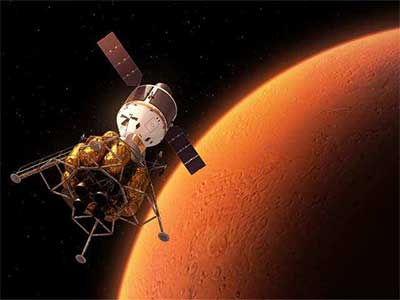Myanmar’s first satellite in Space station put on hold by Japan
In News
Japanese space agency has put on hold the first satellite of Myanmar due to Myanmar Coup.
About
The satellite was a joint project of Hokkaido University of Japan and Myanmar Aerospace Engineering University (MAEU) that was worth $ 15 million.
To monitor agriculture and fisheries two 50kg microsatellites are provided with cameras in the first set of manufacturing.
It is feared by Japan that the military coup that happened on 1st February could misuse the satellite.
Any decision has not been taken by the Japan Aerospace Exploration Agency (JAXA) to halt it or deploy it.
Japanese officials said that the satellite was not designed for military purposes.
The satellite was launched by NASA on February 20 as a small part of a large and assorted payload of supplies to the International Space Station 400 km above Earth. It has since been kept by JAXA inside Japan’s Kibo experiment module.
Japan has good relations with Myanmar and is one of its biggest aid donors. However it has not taken hard stance against the coup as the United States and some other Western countries which have applied sanctions.
KIBO EXPERIMENT MODULE
The Japanese Experiment Module (JEM), known as "Kibo" (pronounced key-bow) which means hope in Japanese, is Japan's first human-rated space facility and the Japan Aerospace Exploration Agency's (JAXA's) first contribution to the International Space Station (ISS) program.
Kibo was designed and developed with a view to conducting scientific research activities on orbit. In Kibo, a maximum of four astronauts can perform experimental activities.
Currently, wide variety of scientific, medical, and educational experiments is conducted on Kibo. As a part of the ISS, Kibo provides extensive opportunities for space environment utilization.
Resources necessary for Kibo's on-orbit operation, such as air, power, data, and cooling fluid, are provided from the US segment of the ISS.







